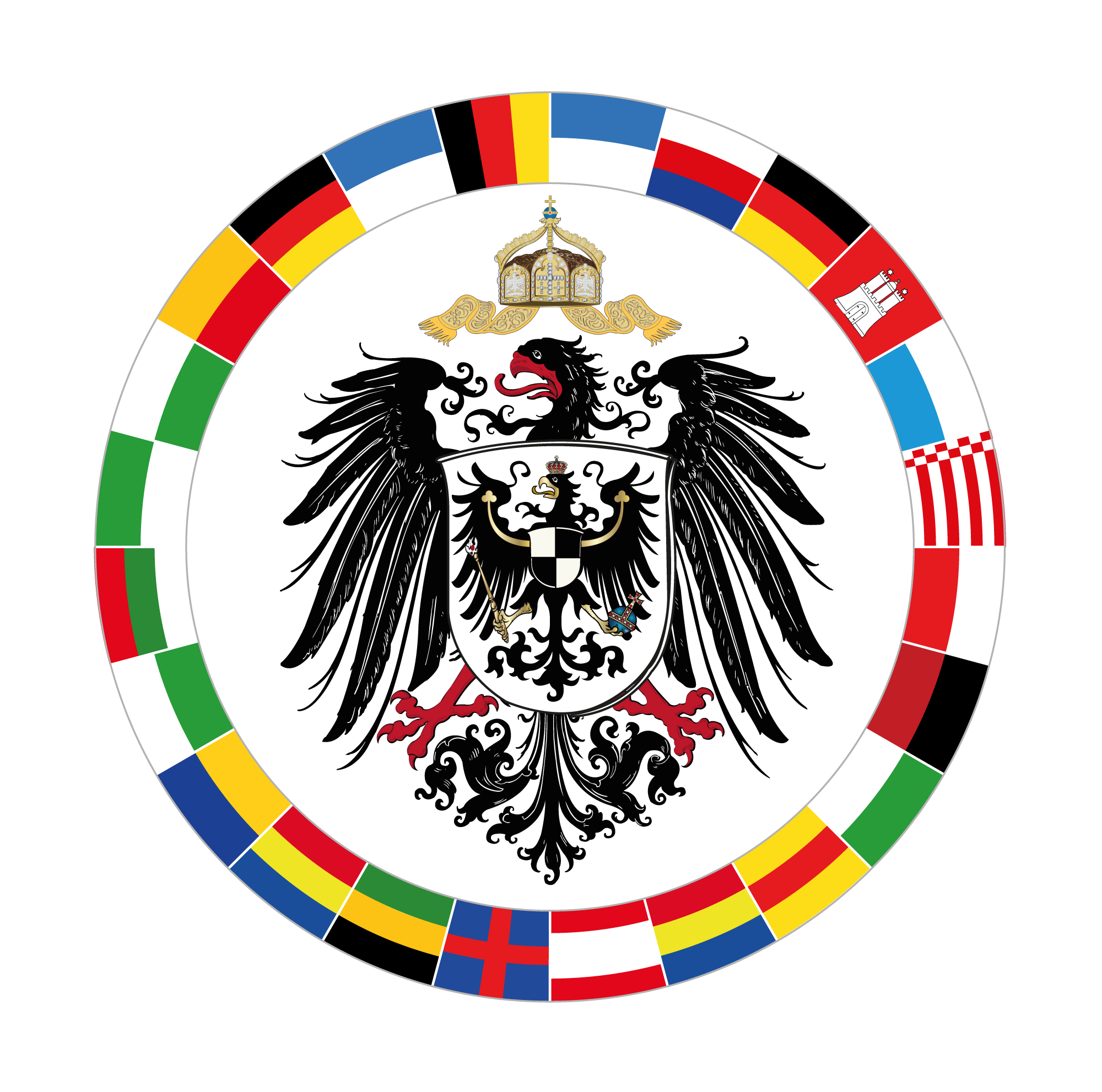Landes sind, wo sie beglaubigt sind, sollen
in dem Lande, wo sie ihren Sitz haben,
persönliche Immunität von Verhaftung
oder Gefangenhaltung genießen, ausge-
nommen im Falle von Verbrechen; sie
sollen ferner von Militair-Einquartierung
und Kontributionen, von Waffendiensten
aller Art und von anderen öffentlichen
Dienstleistungen, sowie von allen direkten
oder persönlichen oder Luxus-Abgaben,
Leistungen und Beiträgen, dieselben seien
Bundes., Staats- oder Gemeinde-Abga-
ben, frei sein. Wenn aber die gedachten
Konsular-Beamten in dem Lande, wo sie
ihren Amtssitz haben, Grundeigenthümer
sind oder werden, oder Handelsgeschäfte
betreiben, so sollen sie denselben Abgaben
und Auflagen und demselben gerichtlichen
Verfahren unterworfen sein, wie die
Grundbesizer oder Kaufleute, welche An-
ehörige des Landes sind. Unter keinen
Umständen jedoch soll das Einkommen
von ihrem Amte irgend einer Abgabe
unterliegen. Konsular-Beamte, welche
kaufmännische Geschäfte betreiben, sollen
nicht auf ihre Konsular-Vorrechte sich
berufen dürfen, um sich ihren kaufmän-
nischen Verbindlichkeiten zu entziehen.
Konsular - Beamte jedweden Karakters
sollen in keinem Falle in der Ausübung
ihrer amtlichen Verrichtungen weiter ge-
stört werden, als zur Handhabung der
Landesgesetze unvermeidlich ist.
Art. 4.
General-Konsuln, Konsuln, Vize-Kon-
suln und Konsular-Agenten können über
dem äußeren Eingange ihrer Amtsraume
oder ihrer Wohnungen das Wappen
ihrer Nation mit einer ihr Amt bezeich-
nenden Inschrift anbringen. Auch dürfen
sie die Flagge ihres Landes auf dem Kon-
sulats=-ebäude aufziehen, ausgenommen
in solchen Plätzen, wo sich eine Gesandt-
schaft ihres Landes befindet.
97
being citizens of the country where
they are accredited, shall enjoy, in
the country of their residence, per-
sonal immunity from arrest or im-
Prisonment except in the case of
crimes, ekemption from military bil-
letings and contributions, from mili-
tary service of every sort, and other
Public duties, and from all dircet or
Personal or sumptuary takxes, duties
and contributions, whether federal,
State, or municipal. If however the
said Consular officers are or become
ownerss of property in the country
in which they reside, or engage in
commerce, they shall be subject to
the same taxes and imposts, and to
the same jurisdiction, as citizens of
the country, property holders, or
merchants. But under no circum-
stances shall their oflcial income be
subject to any tax. Consular officers
who engage in commerce shall not
plead consular privileges to
avoid their commercial liabilities.
Consular offlicers of either character
shall not in any event be interfered
with in the exercise of their official
functions, further than is indispen-
sable for the administration of the
laws of the country.
Art. IV.
Consuls general, Consuls, Vice-
Consuls, and Consular-Agents may
Place over the outer door of their
offices, or of their dwellings, the arms
#0ff their nation, with the proper im-
scription indicative of the offce. And
they may also hoist the flag of their
Country on the consular edifice ex-
cept in places where a legation of
their country is eslabllshe
16.




